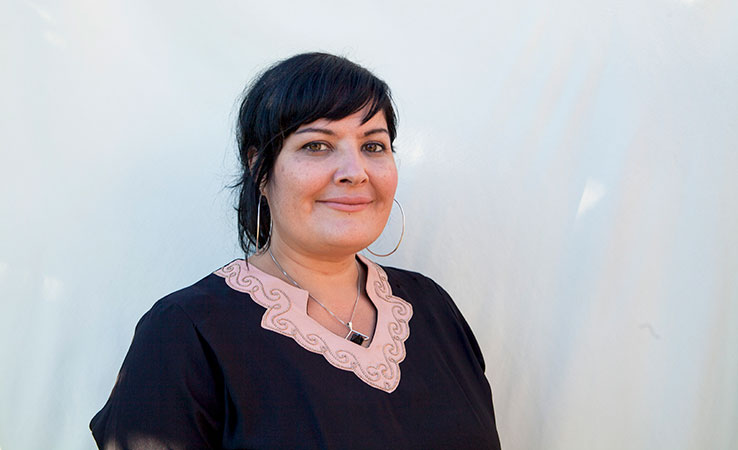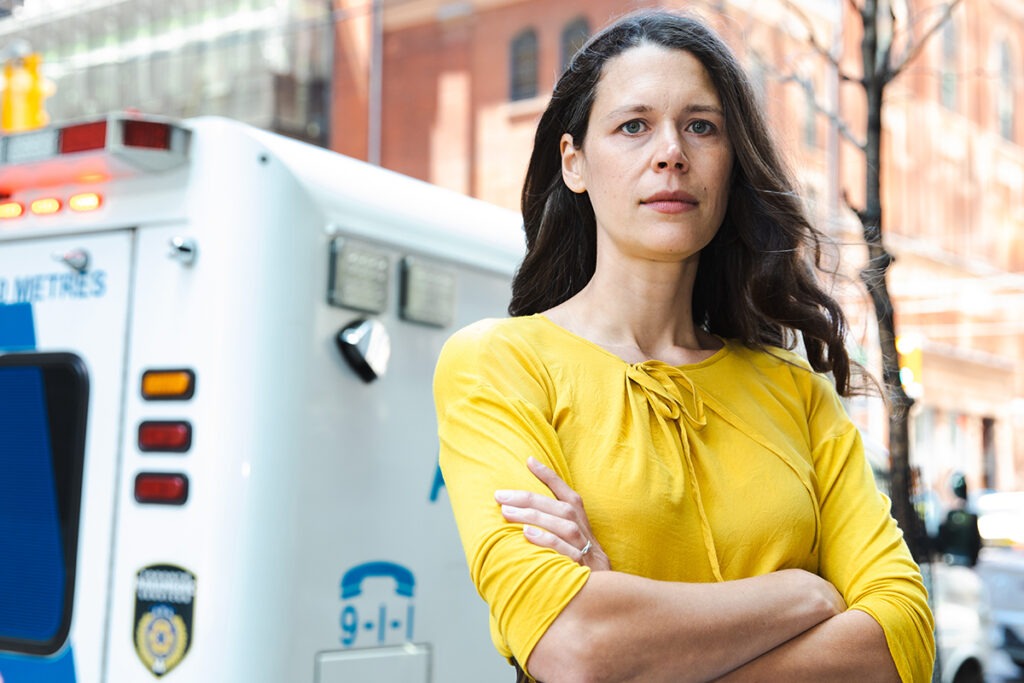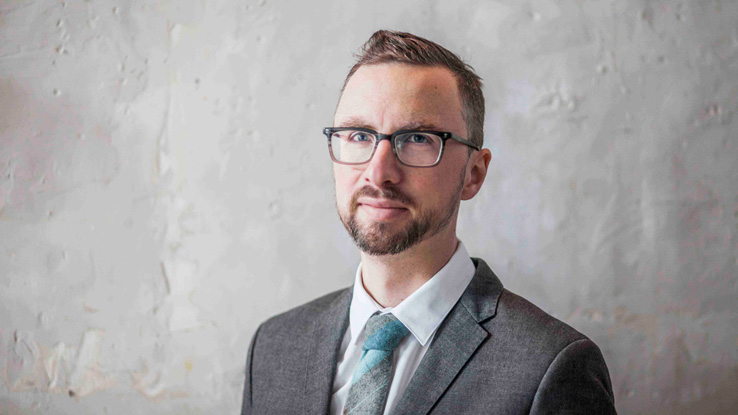HAMILTON—On December 23, a winter storm hit Hamilton and much of southern Ontario. Hundreds of people in Steeltown lost power, and schools, businesses, and public spaces closed. The medical officer of health issued a cold-weather alert, which happens when temperatures are (or are expected to drop) below -15 C, or -20 C with wind chill.
Such alerts are more than just a warning — they trigger the opening of drop-in warming centres. But on this night the extreme weather meant that city facilities such as libraries and recreation centres were closed.
By night time on Christmas Eve the storm had passed and the temperature was warming above the threshold, so Hamilton’s medical officer of health called off the alert — meaning some vulnerable Hamiltonians no longer had a warm place to stay. That evening, the Hub, a drop-in resource centre downtown for people who are unhoused or sleeping rough, had been open for its usual hours from 5 p.m. to 9 p.m. Although the Hub doesn’t have beds, people can show up for a warm meal, use the internet, and charge their phones. Under its contract with the city, the cancellation of the cold alert meant additional operating hours would not be funded without first receiving special approval.
Word that the Hub would close caused an uproar online. Twitter users wrote that the lack of warming centres was “unacceptable” and “unconscionable” and Ward 2 councillor Cameron Kroetsch wrote that the situation constituted a “policy failure,” which “shouldn’t have happened in the first place.”
In some Ontario cities, cold-weather responses such as warming centres and outreach are tied to cold alerts, and thresholds vary by district. But research suggests common thresholds aren’t based on science and risk leaving people out in the cold.
Because of the snowstorm on December 23, “a lot of people didn’t get to the traditional daytime warming centres,” says Hub director Jen Bonner. Libraries had closed in the afternoon, and coffee shops closed early for Christmas Eve. “Although that wind chill was under the threshold, it was still really cold.”
Hamilton’s cold-alert threshold is “ridiculous,” Bonner says. “We can’t be leaving people outside for extended period of time waiting for it to get to -15 C.”
Bonner says private donors stepped up, allowing the centre to stay open that night and for an additional three days. She says it costs roughly $3,000 per night to operate.
City leaders offered to cover costs, Bonner says, and days later, Mayor Andrea Horwath announced that Hamilton had contracted the Hub to operate nightly until March 3, irrespective of the weather. (Donors were offered their money back, or for it to funnel into alternative Hub services.)
“It was deemed that there was a bit of a gap with respect to our response,” says Michelle Baird, Hamilton’s director of housing services. She says the city has learned that people need more service even when the temperature is above the cold-alert threshold. “We are looking at moving more to a winter response, if you will, as opposed to simply a cold alert,” Baird says.
Hamilton is not alone. This week in Toronto, the board of health urged similar action, saying the city should ensure people can access warm spaces at all times until mid-April.
According to experts in health and homelessness, a winter response may be more successful at preventing cold-related injuries and deaths. Research by Stephen Hwang, internist and director of MAP Centre for Urban Health Solutions at St. Michael’s Hospital, found that unhoused people are at risk from the cold well before the temperature drops to -15 C. In reviewing Toronto coroner’s records and emergency-department charts from downtown hospitals (covering 2004-2015), Hwang and his team found that 72 per cent of hypothermia cases in people experiencing homelessness occurred in temperatures warmer than -15 C. Researchers also found that unhoused people accounted for 25 per cent of Toronto’s hypothermic injuries in that period and 20 per cent of deaths.
“I think that the current threshold of -15 C that’s often used is not really based on clear evidence in terms of health effects. I suspect that it’s largely driven by resource concerns,” Hwang says. “It would make more sense to maintain warming centres and resources for people who are unhoused whenever the temperature is colder than zero degrees or, alternatively, throughout the winter months, regardless of the temperature.”






